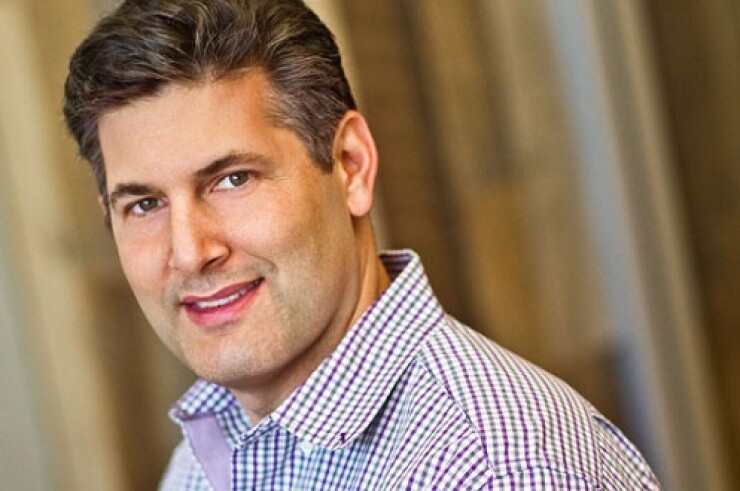
Wealthfront's Adam Nash rejects industry analyst consensus about the threat of digital startups.
A number now insist that robo advice has been co-opted by stalwart financial firms and they say the threat of industry disruption has faded.
Nash, however, says that digital advice platforms have plenty of fight left.
"Young companies only have two advantages over incumbents: their pace of innovation and focus," he writes. "Schwab rolled out an automated service in 2015 that looks a lot like our service looked in 2012."
Nash's comments were posted on the Silicon Valley-based Q&A website, Quora.
The question, from a French research assistant: "
Nash's answer sought to address the rapid growth of the digital offerings of incumbents, and put into context the future potential of digital-first platforms.
The biggest names have made big strides. Vanguard's Personal Advisor Services alone had approximately $31 billion in total assets under management, with $21 billion from new money by the end of 2015. Schwab's Intelligent Portfolios service has a reported $5 billion.
BlackRock, the largest U.S. asset manager with approximately $4.5 trillion, acquired robo firm FutureAdvisor last year, and this year inked deals to provide platforms to RBC Wealth Management and BBVA Compass, one of the country's largest banks.
Meanwhile, Wealthfront, Betterment and Personal Capital, considered the three top independents, have a current total $7.6 billion reported AUM.
Analysts such as Chip Roame, manager partner at Tiburon, view the AUM gap as a sign of a coming mass extinction of independent robo platforms.
"Discount brokerage firms will predominantly win the robo race," Roame says. "A few of the VC-backed firms may also survive but the larger AUM will flow to the former."
Nash acknowledges the challenge brought by large financial firms, recounting the lessons he learned studying under noted disruption theorist Clayton Christensen.
"Charles Schwab, Fidelity and other incumbents have huge budgets and advantages over a small startup like Wealthfront," he writes.
But the growth of their online products comes from gathering the assets of a baby boomer market already invested in them, he argues, whereas Wealthfront is focused on the future.
"If you are a multi-trillion dollar incumbent looking to grow, the next decade has to be about aggressively pursuing the baby boom generation as they navigate retirement," he says.
"Wealthfront has the opportunity to target a newer, smaller market of investors with a new service and new technology, and grow up with this generation of investors the way that Schwab, Fidelity and others did with the baby boom generation."
In the past, Nash and Schwab have
"Our job is to make sure that the gap in capabilities and value we deliver grows over time,” Nash writes. “Over the coming months and years you’ll see these inevitable dynamics play out.”
A response from Schwab wasn't immediately available.
Read more:





